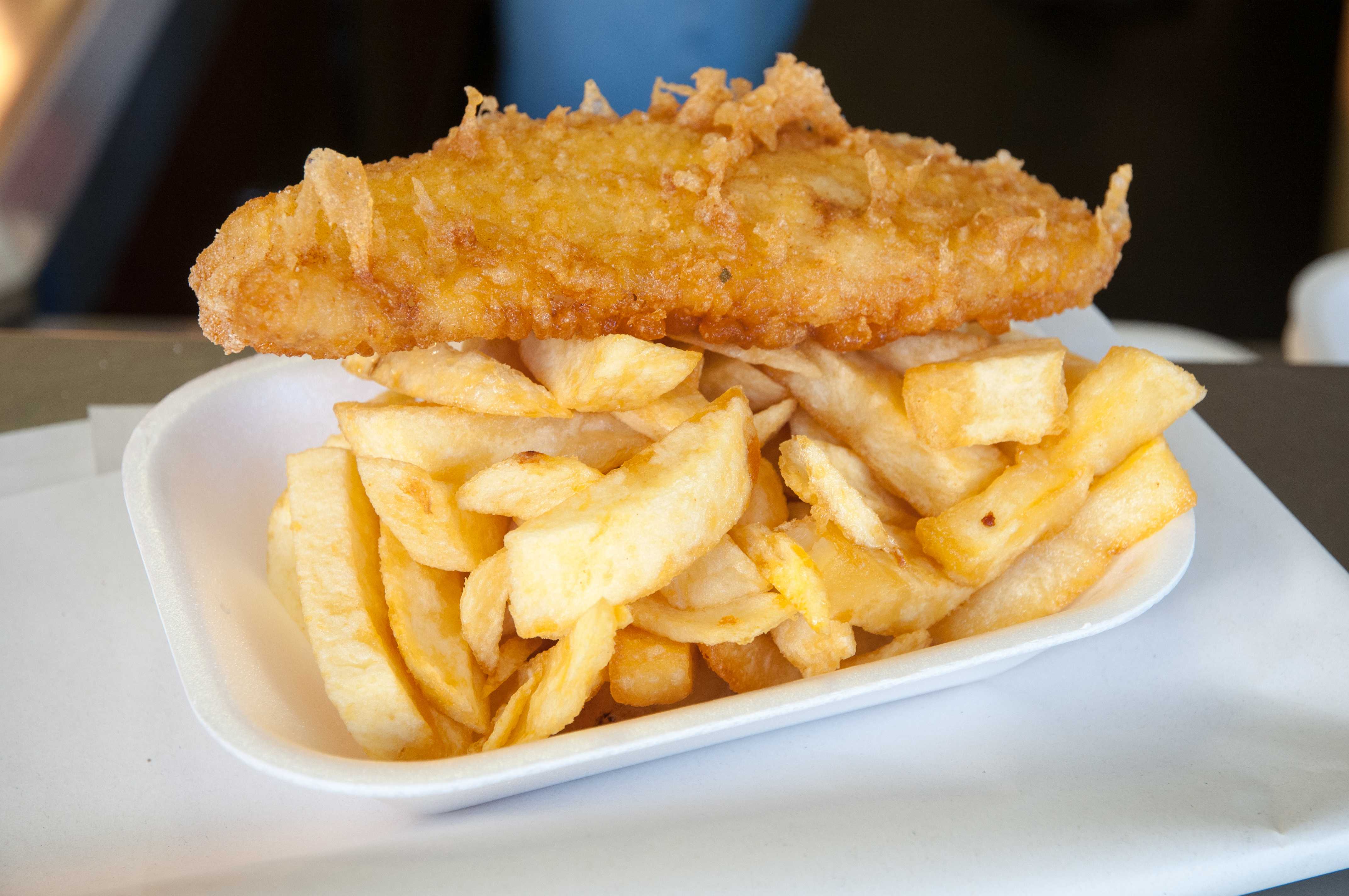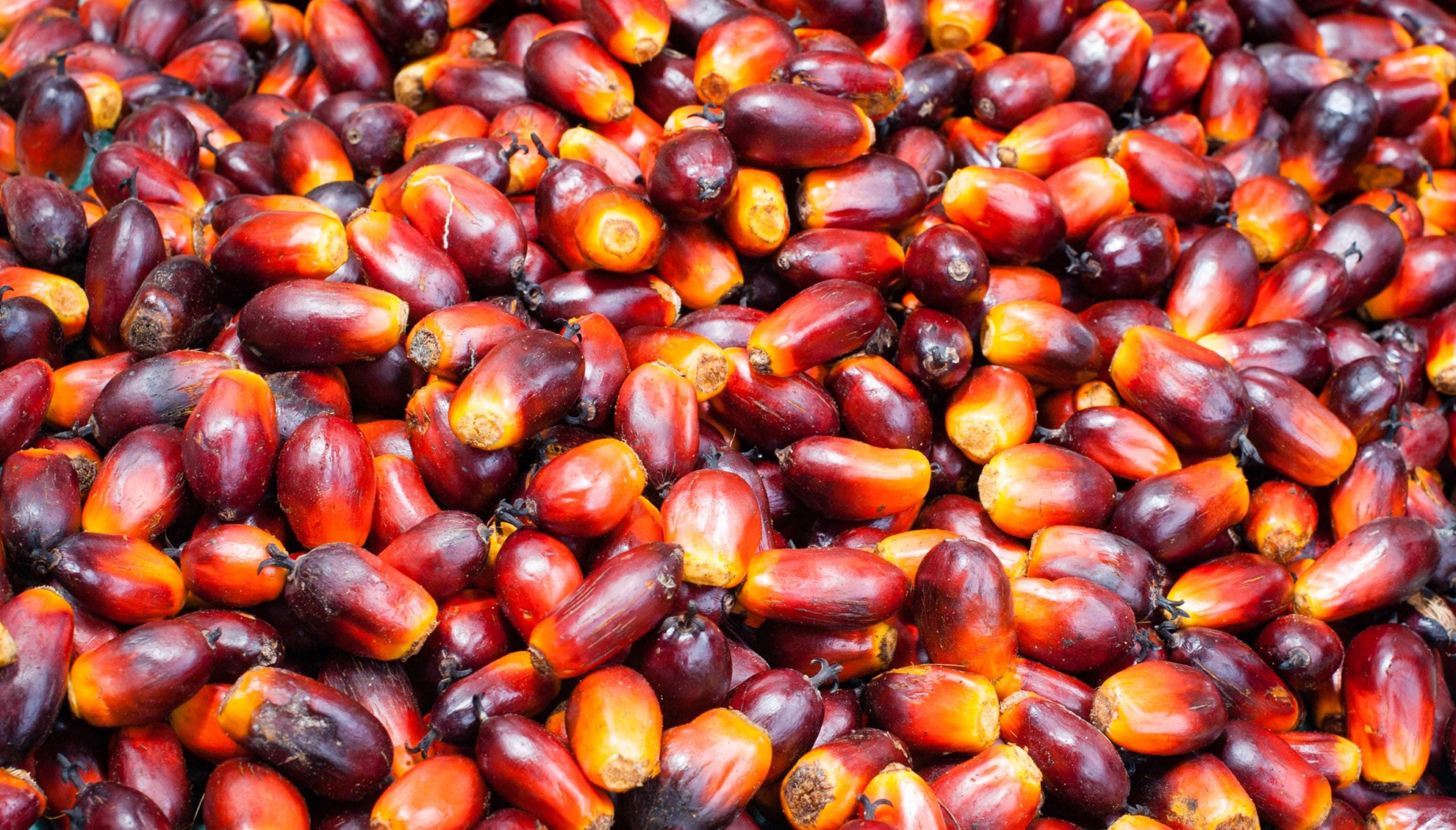Cross contamination is one of the most serious risks in food preparation—it can lead to foodborne illnesses, legal issues, and long-term damage to your reputation. For restaurant owners, food business operators, chefs, and kitchen staff, understanding how cross contamination happens—and how to prevent it—is essential to maintaining strong food safety standards.
With the right hygiene protocols and handling procedures in place, you can protect your customers, comply with regulations, and build trust in your brand.
As a trusted cooking oil supplier, Frymax is committed to promoting food safety and best practices in professional kitchens. In this guide, we’ll break down what cross contamination is, share common examples, and provide practical steps to help prevent it in your food business.
What Is Cross Contamination in Food?
Cross contamination occurs when harmful bacteria or microorganisms are unintentionally transferred from one substance or object to another. This can happen through both direct contact—such as raw meat touching ready-to-eat food—or indirect contact, like shared utensils or unwashed hands spreading pathogens.
Bacteria such as Salmonella, E. coli, and Listeria thrive in kitchen environments, and can easily spread via hands, surfaces, utensils, and even cooking oil if proper food handling practices aren’t followed.
Understanding the risks of cross contamination in food preparation is the first step. Preventing it is not only vital for protecting public health but also for ensuring compliance with food safety laws and maintaining the reputation of your business.
Common Cross Contamination Examples in Food Businesses
Cross contamination can occur in various ways within a kitchen environment. Here are some of the most common cross contamination examples:
- Raw meat contaminating ready-to-eat foods – When raw meat comes into contact with cooked or ready-to-eat foods, bacteria from the raw meat can spread, increasing the risk of foodborne illness.
- Unwashed vegetables transferring bacteria to cooked meals – Fresh produce that has not been properly washed can introduce bacteria to cooked dishes, leading to contamination.
- Improper use of kitchen tools and surfaces – Using the same cutting board for raw meat and vegetables, or the same knife for different food groups, can spread harmful bacteria.
- Contaminated hands or gloves – Handling food with unwashed hands or failing to change gloves between tasks can transfer bacteria and compromise food safety.
By recognising these risks, food business owners and kitchen staff can take proactive steps to eliminate them.
How to Prevent Cross Contamination in Food Preparation
Preventing cross contamination requires a multi-faceted approach to food safety. Here are key strategies to minimise contamination risks:
Proper Food Storage
- Store raw and cooked foods separately to prevent harmful bacteria from spreading.
- Use sealed containers for raw meats to prevent juices from leaking onto other foods.
- Ensure refrigerators are well-organised, keeping raw meat on the lowest shelf to avoid drips onto ready-to-eat items.
Hygienic Food Handling
- Wash hands thoroughly before and after handling food, especially raw meat, poultry, and seafood.
- Change gloves frequently and avoid using the same gloves for different food types.
- Implement a strict personal hygiene policy for all kitchen staff.
Dedicated Kitchen Tools
- Use separate cutting boards for raw meat, vegetables, and cooked foods to reduce the risk of bacterial transfer.
- Colour-code utensils and kitchen tools to prevent mix-ups.
- Regularly sanitise kitchen tools and equipment to maintain cleanliness.
Cleaning and Sanitisation
- Implement a strict cleaning schedule to ensure all surfaces, tools, and equipment are regularly disinfected.
- Use food-safe sanitisers to clean work surfaces before and after food preparation.
- Pay special attention to high-touch areas such as refrigerator handles, faucets, and door handles.
Oil Safety Practices
- Ensure cooking oil is changed regularly to prevent contamination from food particles and bacteria.
- Store oil in a clean, temperature-controlled environment to prevent spoilage.
- Use high-quality oils like Frymax, which maintain stability and contribute to safer food preparation.
The Role of Cooking Oil in Food Safety
Cooking oil plays a crucial role in maintaining food safety in commercial kitchens. If not properly handled, reused, or stored, oil can become a source of cross contamination.
How Improperly Handled or Reused Oil Can Contribute to Cross Contamination
- Used oil can accumulate food particles, which may introduce bacteria into freshly cooked meals.
- Contaminated oil can alter the taste, texture, and safety of food, leading to potential health risks.
- Reusing oil too many times can degrade its quality, making it more prone to bacterial growth.
Best Practices for Using and Storing Cooking Oil Safely
- Regularly filter and replace oil to ensure it remains free from food debris and bacteria.
- Store oil in a clean, airtight container to prevent exposure to contaminants.
- Use high-quality cooking oils like Frymax, which maintain their integrity for safer cooking practices.
Regulations and Best Practices for Food Businesses
Food businesses must adhere to strict safety regulations to prevent cross contamination. Understanding and implementing these regulations ensures compliance and enhances consumer trust.
Overview of UK Food Safety Regulations
- UK food safety laws require businesses to follow hygiene practices to prevent cross contamination.
- The Food Standards Agency (FSA) enforces guidelines on proper food handling, storage, and preparation.
- Regular health inspections assess compliance with safety standards.
Industry Standards for Maintaining a Hygienic Kitchen
- Train kitchen staff on food safety protocols to minimise risks.
- Conduct routine audits to identify and correct potential hazards.
- Use high-quality, food-safe cooking oil to enhance hygiene and quality.
Implementing HACCP to Reduce Risks
- Hazard Analysis and Critical Control Points (HACCP) is a systematic approach to identifying and controlling food safety hazards.
- Businesses should establish critical control points (CCPs) to prevent contamination.
- Regular monitoring and corrective actions ensure compliance with HACCP standards.
Conclusion
Cross contamination is a serious concern for food businesses, but with the right preventive measures, it can be effectively managed. By implementing proper food storage, hygienic handling, dedicated kitchen tools, and thorough cleaning practices, restaurant owners and chefs can minimise the risk of contamination.
Cooking oil safety is also a vital aspect of food hygiene. High-quality oils like Frymax contribute to safer food preparation by maintaining their integrity and reducing contamination risks.
Food businesses must remain vigilant, comply with industry regulations, and prioritise food safety to protect their customers and reputation. Explore Frymax’s high-quality cooking oils as part of your commitment to maintaining a hygienic and safe kitchen environment.
For more information, don’t hesitate to get in contact with the helpful Frymax team.
Become a Frymax member today to gain access to exclusive content, expert frying advice and the chance to enter our fantastic competitions.






